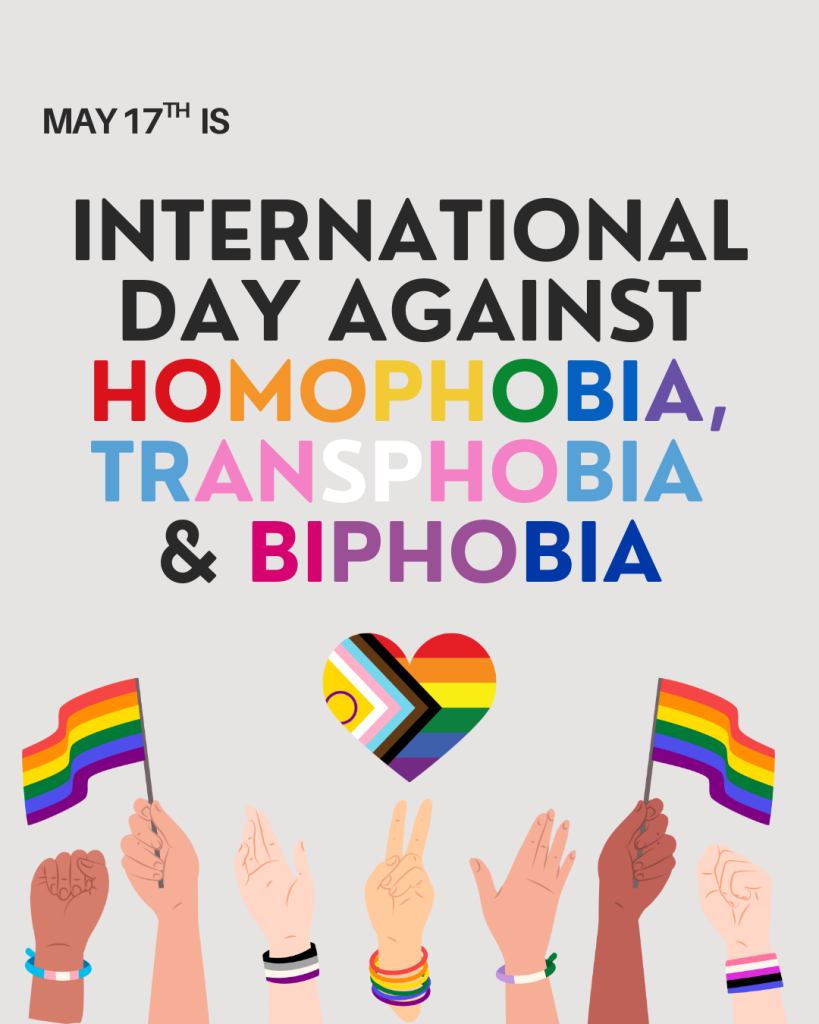FDA Approves New Version of PrEP—Just Two Shots A Year

The FDA has approved lenacapavir as a form of pre-exposure prophylaxis (PrEP), offering a new option for HIV prevention requiring only two shots per year.
Can Koalas Really Get Chlamydia?

On a recent episode of Love Island, a cast member sugested that we could blame our current STI epidemic on men who had sex with animals. She pointed to koalas with chlamydia as an example. There’s some truth here, but also a lot of misinformation.
New Report Highlights Missed Opportunities for Congenital Syphilis Prevention

A new report from the Centers for Disease Control (CDC) shows that we’re missing opportunities to prevent congenital syphilis and save lives.
Anal Sex and STIs

Anal sex may have once been thought of more taboo than other sexual behaviors, but today we know it’s a perfectly normal way to find sexual pleasure.
Celebrate the Start of #safesexysummer in June

It’s time to celebrate the start of summer! June is filled with national observances to help you start the summer off right. We’re here to help make June the start of a #safesexysummer.
Could A Vaccine You Probably Already Have Protect Against Gonorrhea?

There’s potential good news in gonorrhea prevention as a series of studies suggests that certain meningococcal B (MenB) vaccines can reduce the risk of gonorrhea.
New Recommendations to Make IUD Insertion Less Painful

There is new guidance on pain management for IUD insertion and acknowledgement that providers often underestimate the pain patients feel during their procedures.
FDA Approves At-Home Collection Device for Cervical Cancer Screening

The FDA just approved the Teal Wand, a self-collection device for HPV testing that does not require a speculum exam or even a trip to the doctor’s office. People can collect their own sample at home and send it to a lab for analysis.
One and Done? New Study Suggests that One Dose of HPV Vaccine May Be Enough

The results of large-scale study of HPV suggest that one shot of the vaccine may be enough to protect young people from HPV and related issues like cervical cancer.
May Ambassador Toolkit

There are several awareness observations each May, including Women’s Health Month, Sex Ed for All Month, and Hepatitis Awareness Month.